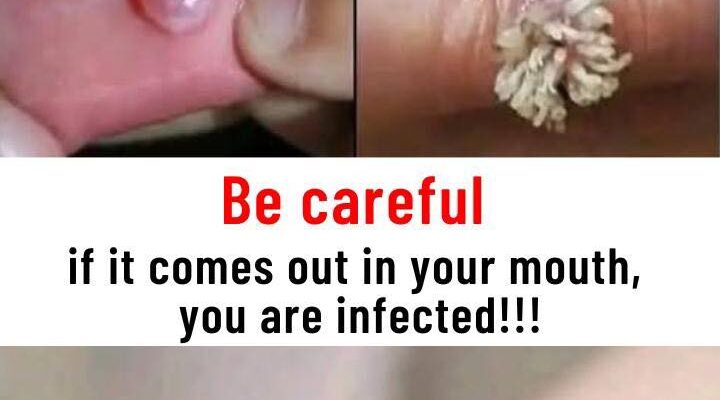Cold sores, or fever blisters, are a common viral infection mainly caused by herpes simplex virus type 1 (HSV-1), though herpes simplex virus type 2 (HSV-2) can also cause them through oral-genital contact.
Cold sores spread easily through contact with infected saliva or skin, including kissing, sharing utensils or personal items, or touching a sore and then touching another part of the body. Symptoms begin with tingling or itching, followed by fluid-filled blisters near the lips, which rupture into painful sores, then scab over and heal in 7 to 10 days.
The virus remains dormant and can reactivate due to stress, sun exposure, hormonal changes, illness, or a weakened immune system. There is no cure, but antiviral pills like acyclovir, valacyclovir, or famciclovir can shorten outbreaks, especially if taken early. Topical creams, pain relievers, and moisturizing balms may also help.
To prevent spreading or triggering outbreaks, avoid close contact during active sores, don’t share personal items, use lip sunscreen, and support your immune system. A doctor should be consulted if outbreaks are frequent, unusually painful, don’t respond to treatment, spread, or interfere with basic functions, especially if the immune system is compromised.
Alzheimer’s, the leading cause of dementia in the UK, has no fully understood cause but is linked to age, depression, family history, and cardiovascular risks. Recent studies suggest Alzheimer’s may be an infection. A 2019 study found links between gum disease and Alzheimer’s through gingipains, toxic enzymes from P. gingivalis.
These enzymes were associated with tau and ubiquitin, proteins involved in Alzheimer’s, and were found in the brains of deceased people without Alzheimer’s diagnoses, raising questions about whether they would have developed the disease later. The findings suggest brain infection with P. gingivalis may be an early event in Alzheimer’s development, not a result of poor dental care due to dementia. A compound called COR388 reduced amyloid-beta production and brain inflammation in mice. Though results in humans are pending, experts stress the importance of testing various approaches due to the lack of new dementia treatments in over 15 years.
